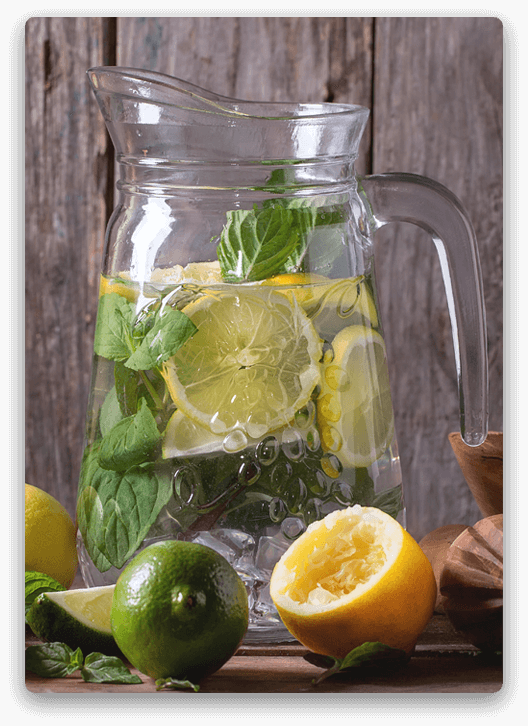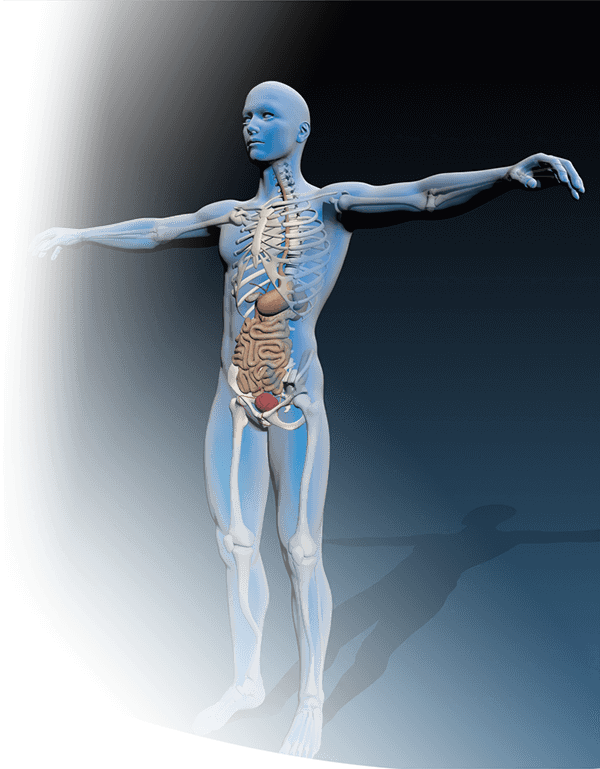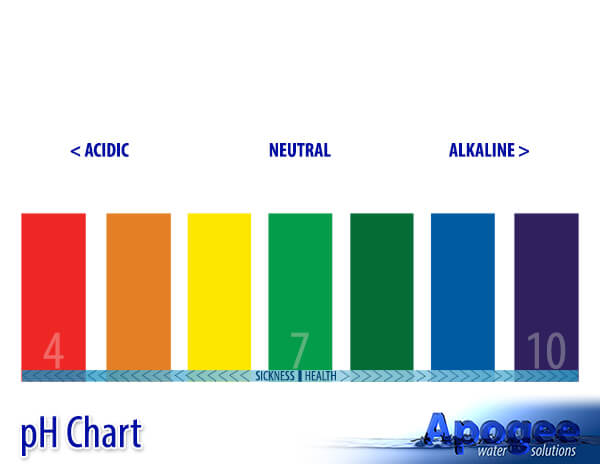Doesn't the Water Company Do This Anyway?
Most cities do a good job meeting standards, but the parameters of those standards is limited by financial constraints. They filter, settle, coagulate, and disinfect water with chlorine or chloramine and test for a certain number of impurities. Because of the practicalities of usage, it would not be economical to remove all of the impurities.
If cities removed all impurities, we would be fighting fires and watering lawns with pure water. The cost involved would be passed on to the taxpayer, making the cost of water comparable to a second house payment! Economically, removing all, or even significantly increasing the number of impurities removed simply is not economically feasible at the local state, and federal levels.
Pure water is a choice, and the responsibility lies with the homeowner.
There are 3 types of water found around your home:

Utility Grade
Water used to wash cars and water lawns

Working Water
Water used for general household purposes such as bathing and laundering

Life Support
Water used for cooking and drinking
Get Your FREE In-Home Water Test
Water and My Health
 Water is life’s support system. Clean water is absolutely fundamental to good health. Water makes up over 70% of our overall body, 75% of our brain, 80% of our blood, and 96% of our liver. It’s involved in nearly every aspect of our health, and drinking adequate amounts of clean water each day is essential.
Water is life’s support system. Clean water is absolutely fundamental to good health. Water makes up over 70% of our overall body, 75% of our brain, 80% of our blood, and 96% of our liver. It’s involved in nearly every aspect of our health, and drinking adequate amounts of clean water each day is essential.
Water helps to regulate many processes, including:
- Salt balance
- Absorption of nutrients,
- and Detoxification
It’s also used our nervous system to help transmit signals to our cells. Some experts believe that dehydration or contamination may be the root cause of some degenerative diseases and neurological disorders like attention deficit disorder (add), chronic fatigue syndrome, and depression.
The liver uses water to help flush toxins from our body. This detoxification system is a very important components of long-term health.
The CDC (Centers for Disease Control and Prevention) calls water the “foundation of life” and stresses the role that clean water plays in our lives. However, keeping that water safe and clean isn’t an easy task, and involves using chemicals that should be reduced before use or consumption. That responsibility rests with the home owner.
Taking control of the quality of your water means taking control of your health.
With Apogee, that’s possible.
Water: Life's Support System
The tissues, organs, fluids, and bones of the human body have a large water content.
Brain - 74.5% Water
Muscles - 75.6% Water
Kidneys - 82.7% Water
Bone - 22% Water
Get Your FREE In-Home Water Test
What is pH?
In basic chemistry, pH is a scale used to specify how acidic or alkaline a water-based solution is. At room temperature, pure water is neither acidic nor alkaline, and has a pH level of about 7. Since our bodies consist of so much water, they also maintain a pH balance which affects their ability to fight sickness and disease and to function properly. The foods and liquids that come into the body help to determine the pH balance that the body maintains.
The human body has a blood pH of 7.365 and it is essential to maintain this pH balance. Much of what we eat, such as processed sugar, meat, dairy, and coffee, has an acidic effect on the pH balance. As an effect, the body has to work extra hard to restore itself to neutral pH. Alkaline water greatly assists in the balancing process by introducing a higher pH to the body to offset the low pH and thereby, the natural balance is reestablished.

A healthy alkaline environment helps fight bacteria and infectious diseases and provides much needed energy; it also helps by bringing your body into balance.